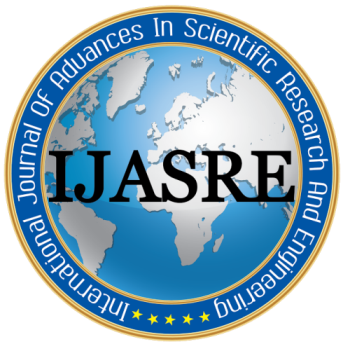An Analysis of Environmental Caring Character Application through the Nature-Based School Program in International Green School of Sumedang, Indonesia
DOI:
https://doi.org/10.31695/IJASRE.2018.32807Keywords:
Character of environmental caring, nature-based program, educationAbstract
The aim of this study is to determine the application of environmental caring character through nature-based school program in international green school Sumedang. A caring character is an effort to instill environment-based character values that increase the learner's sensitivity to environmental preservation. A nature-based program is a principled learning model on learning about nature, learning to use nature, and learning with nature. The method used in this research is descriptive qualitative research method. The data of this research is the result of observation and interview. The results of the study showed that: (1) the strategy of applying the students' values of environmental caring is applied through self-development program, integration in the learning environment, school program, and process development, (2) the role of government institution in planning and implementation of environment care cooperation, (3) the application supporting factors of the environmental caring value in the International Green School Sumedang is both school and teachers have done habituation, while the inhibiting factor is the lack of parent
cooperation in applying the character of environmental caring at home and the concentration of students are disturbed if the learning activities held in outside the classroom are too crowded.
Downloads
How to Cite
Issue
Section
License
Copyright (c) 2018 Andea Nurellah, M. Syarif Sumantri, Agung Purwanto

This work is licensed under a Creative Commons Attribution-NonCommercial 4.0 International License.







